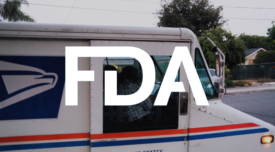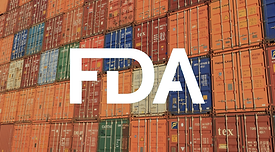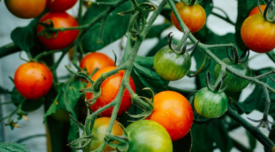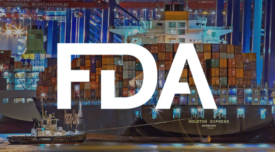Imports/Exports
Digital Transformation of Supply Chains to Meet Foreign Supplier Verification Program Requirements
A move toward digitalizing supply chains may offer solutions to some of the challenges of FSVP compliance management
August 7, 2023
Never miss the latest news and trends driving the food safety industry
eNewsletter | Website | eMagazine
JOIN TODAY!Copyright ©2025. All Rights Reserved BNP Media.
Design, CMS, Hosting & Web Development :: ePublishing









.png?height=168&t=1678845007&width=275)
